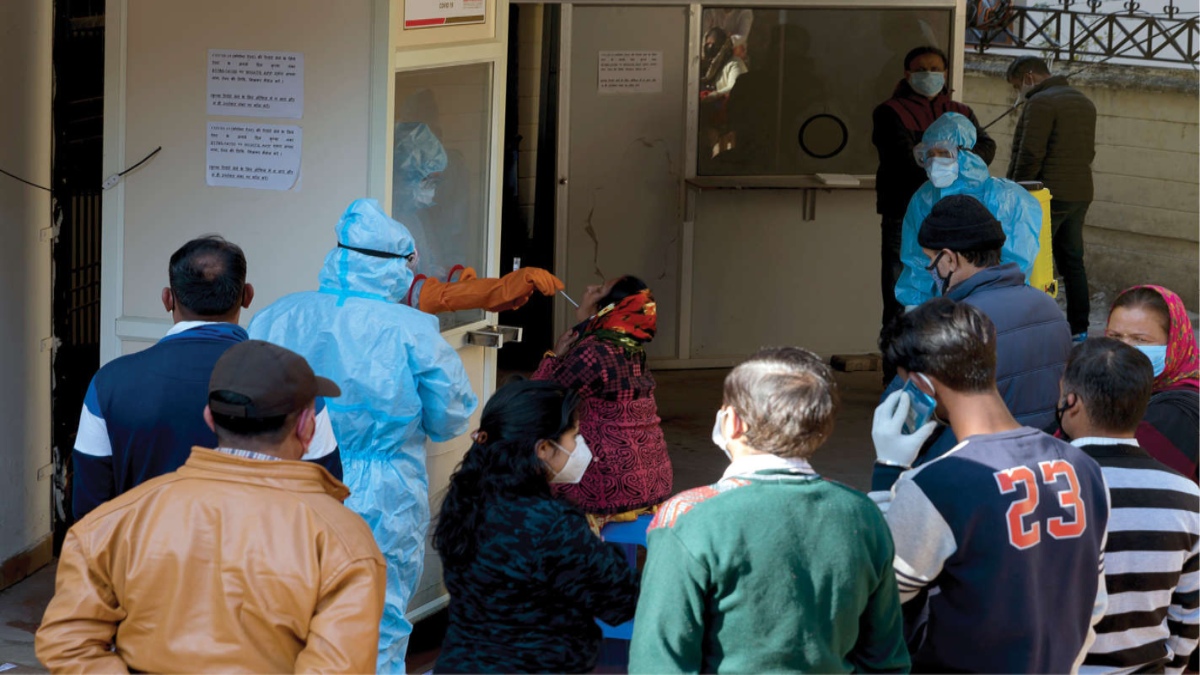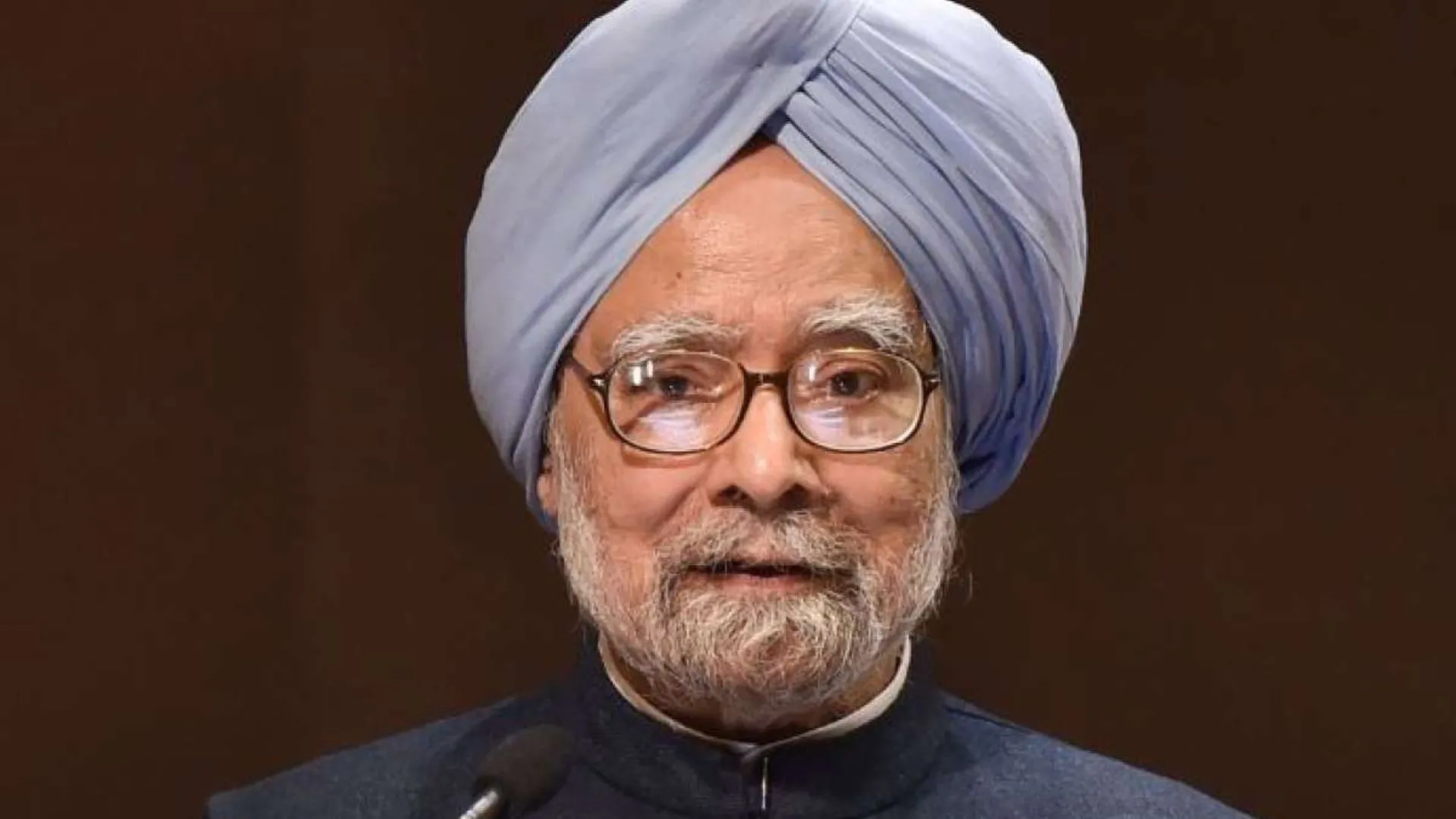The insufficient access to basic healthcare, combined with increasing life expectancy and chronic disease prevalence in the country, underscores the need for long-term comprehensive healthcare. At the heart of the issue of the sub-par performance of Indian healthcare, in comparison to countries with an equally mature economy and democracy, is this critical yet underappreciated problem of an unbalanced and broken healthcare system.
Though Ayushman Bharat and initiatives like the National Medical Commission Act and National Digital Health Blueprint have created a foundation for health integration, the current issue of a fragmented system needs to be addressed through better profiling of patients and better organisation of healthcare delivery, besides creating a seamless, interoperable and integrated system as well as digital health landscape.
The various parts of the current healthcare delivery system focus and act in silos without adequately appreciating their inter-relations and positions in the larger picture. This leads to inequality as well as in-equitability of healthcare delivery and the ineffectiveness of our increasing efforts to nurture improvement.
Sir William Osler, world-renowned physician and author, says, “It is more important to know what sort of person has a disease than to know what sort of disease a person has.” The experience of healthcare in our country, however, is too often one of not being known as a person. This experience affects the poor the most, who have difficulty getting access to basic medical care until their problems become emergencies. But it also is experienced by the rich and people from the middle class, who receive levels of healthcare as and when they need it, but feel abandoned when they want to put together the pieces of their illness-shattered lives into a meaningful whole.
A working mother of two from a middle class family went from doctor to doctor to try to find a reason for her fatigue and decreasing energy levels. Each doctor looked in depth at the organ/body system in which s/he had specialised in. Each did the required examinations and tests. Each prescribed the latest drugs. But the patient got worse with each passing day. She bought the best of each commodity available but, in the end, her problem remained and she only felt worse and depressed.
The above experience is the exact opposite of healing. Healing requires relationships—relationships which build up trust and hope, and a sense of being known to the healer/care provider, thereby, feeling a sense of security that s/he will get the best treatment. The emotional connection between the healer and the sick is unique—actually priceless—and imparts health benefits to the sick.
The current healthcare system in our country doesn’t contemplate on this aspect of care delivery. It doesn’t deliver empathy, hearing patients’ issues and building doctor-patient relationships. On the other hand, it has been increasingly delivering care/commodities which can be quantified, incentivised, and be sold or bought while the person as a whole—the whole system, whole communities—get worse, in spite of investing time, effort and money.
Focused research is needed to understand the behaviour of discrete treatments for discrete diseases, but when it comes to healing a person, it is fostered by a different science, one that considers the behaviour of multiple interacting factors which advance the health of people. It is unfortunate if the health professional considers only the disease and not the person. And it is the poor policymaker who designs healthcare systems that deal only with discrete diseases and fails to create environments that support interaction between different parts of the system.
A cacophony of narrowly focused programmes and services may be a good strategy for expanding revenues for service in the private sector but definitely not a strategy for efficient public healthcare delivery. Efficient healthcare requires an ability to personalise and prioritize problems based on “an acquaintance with the particulars”, seen in the context of a person as a whole or people as communities and systems.
Today, the efforts of public health, healthcare systems and philanthropists are directed at narrow programmes with insufficient focus on the larger picture. The lack of an integrative way of making sense of the world and the need to control and understand narrowly replace the greater promise of whole-system approaches.
Doctors treat whoever comes through the door, often oblivious to the many barriers to entry. Manufacturers make their products based on economic niches rather than public good. Hospitals and healthcare systems strive to attract “the right case mix” to maximise profits or just to stay in business.
Knowledge generation is partitioned in disease-specific institutes/initiatives without adequate balancing research connecting the dots beyond these boundaries. Specialists, drug and device makers, hospitals and service agencies focus on services without considering their effect on the whole person or system, or the opportunity costs on the social determinants of health (such as education and employment). The promise of healthcare is reduced when it is treated as a commodity—when patients become customers, citizens become consumers, and healers become providers.
By focusing their role on a technical skill, procedure, or body part, healthcare professionals attend to their responsibility limited to their areas of expertise without attending to the whole person and to society. In a healthcare system, we definitely can’t settle for technicians in place of compassionate healers. We have to remember that higher levels of healing are possible by balancing the biotechnical with the biographical.
Patients understandably are more dissatisfied with care delivery in a fragmented system. Indeed, the failure of repeated fragmented attempts to fix the problems can result in hopelessness. When we see only parts, disconnected from the whole, we lose our ability to connect to larger evolutionary improvement. The search for single sustainable solutions gets in the way of fostering development toward equitable, integrated, personalised, prioritised healthcare.
With a rapid growth in chronic lifestyle-related diseases and aging populations and their complex needs, there’s a pressing need for a comprehensive healthcare delivery system in our country. In an effort to cope with this growth, public health spending has been on a rise since 2014, with an increasing share of the country’s GDP being distributed towards public healthcare. An estimated sum of Rs 1.6 trillion was spent on public healthcare in the year 2018. But we must remember that in a fragmented healthcare system, spending more on the parts does not improve the whole system. Fragmentation at times turns well-intentioned actions into the unintended consequences like commoditisation of healthcare. Similar criticisms of fragmented disease-by-disease efforts by the World Health Organization have been raised on the 30th anniversary of the Alma Ata plan for comprehensive, universal and affordable health for all.
The benefits of integrated care have been widely acknowledged and it has been adopted extensively in North America and Europe, especially for the management of patients with chronic diseases. Understanding the fundamental problem of fragmentation in our disintegrating healthcare system would be an important step forward towards universal health coverage. Viewing healthcare as an evolving ‘whole’ (instead of as fragments/parts) can help us instil hope, where now there is cynicism, detachment and isolation, professional and corporate shared responsibility, where now there is narrow self-interest, and high-value healthcare, where now there is ineffectiveness, waste and inequality as well as inequity.
The writer is a medical doctor (pathologist) and holds an MA in creative writing from the University of London.









